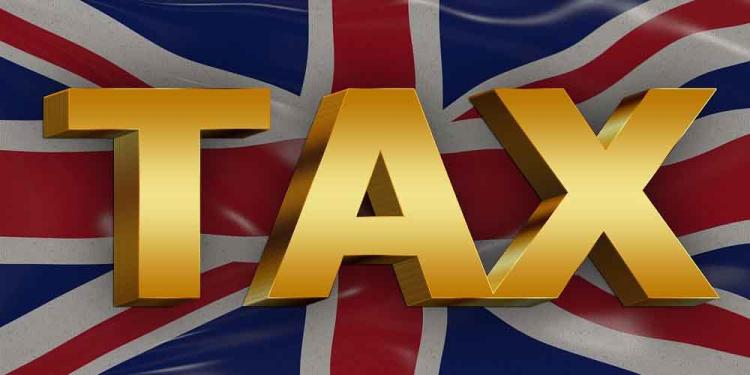VAT on Gaming Machines – What were the HRMC’s Disputes?
Posted: May 26, 2020
Updated: May 26, 2020
VAT as we know is the tax levied on the product’s every stage of the supply chain. That may start from the raw materials and reach the final purchase. We are used to paying VAT tax on most of the products around us. And the gambling industry here is not an exception. Therefore, taxpayers should also pay the VAT on gaming machines. A variety of online gambling sites, like the Betway Sportsbook, only increases the importance of VAT in the gambling industry. Therefore, more and more countries are making modifications in their legislation regarding gaming machines. For instance, Belgium removed the VAT exemption for online gambling in 2016.

A variety of online gambling sites, like the Betway Sportsbook, only increases the importance of VAT in the gambling industry. Therefore, more and more countries are making modifications in their legislation regarding gaming machines. For instance, Belgium removed the VAT exemption for online gambling in 2016.
The latest news in the VAT on gaming machines litigation verdict; HRMC’s appeals.
Bookmakers in the UK got a chance to get compensation for previous VAT on gaming machines. The HM Revenue&Customs’s (HRMC) loss of its appeal against Rank Group and Betfred.
The Upper Tribunal announced its decision regarding the HMRC’s appeals against “Done Bros” and “Rank”. The decision was released on 15 April 2020.
Nevertheless, HRMC placed its appeals against First-tier Tribunal’s two decisions. These decisions were regarding the VAT in terms of retail clients’ supplies of the possibility to play the games on machines.
The Rank appeal was related to the VAT obligation of gambling. That causes using some slot machines which were going back to the years 2002-2005. Next, the “Done Bros” dispute was regarding providing supplies of gambling using fixed-odds betting terminals. The period includes the years 2005-2013.

The taxpayer’s appeal in both cases was regarding the UK legislation’s violation of the “fiscal neutrality principle”. This was because the difference between taxed suppliers and exempt supplies became insufficient. The Financial Transaction Tax (FTT) approved the appeals.
HRMC included in its appeal to the Upper Tribunal the possibility of the FTT’s mistaken approach to the data as well as supplies’ similarity. This was especially related to the average indicator of the customers’ demands and features.
However, the Upper Tribunal eventually rejected the dispute. Subsequently, It justified its decision by noting that CJEU legislation does not provide a strategy or the data to define the average demands and characteristics of the customers.
Check online gambling sites in the UK for more gambling news!
Click here to visit the Betway Sportsbook










